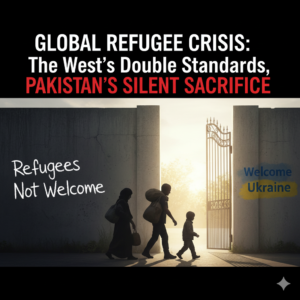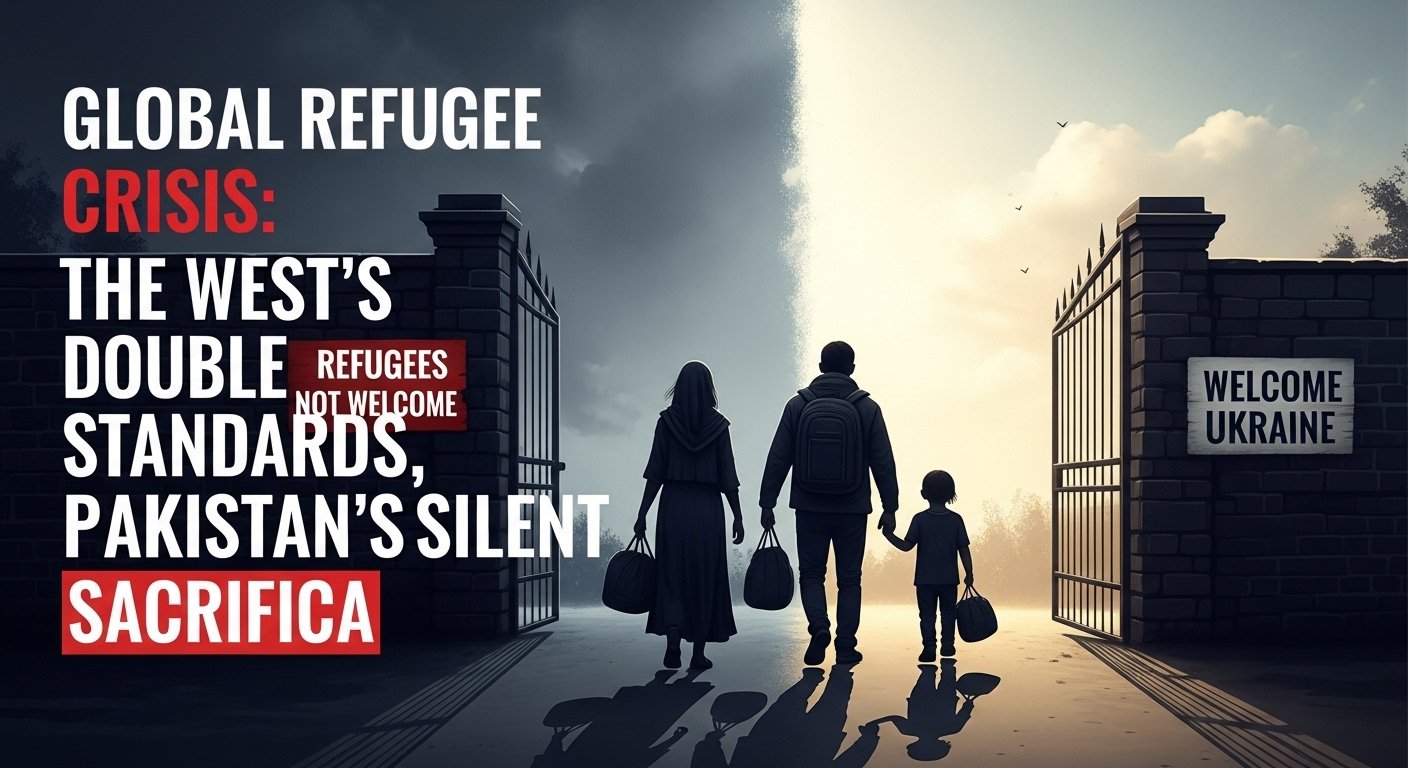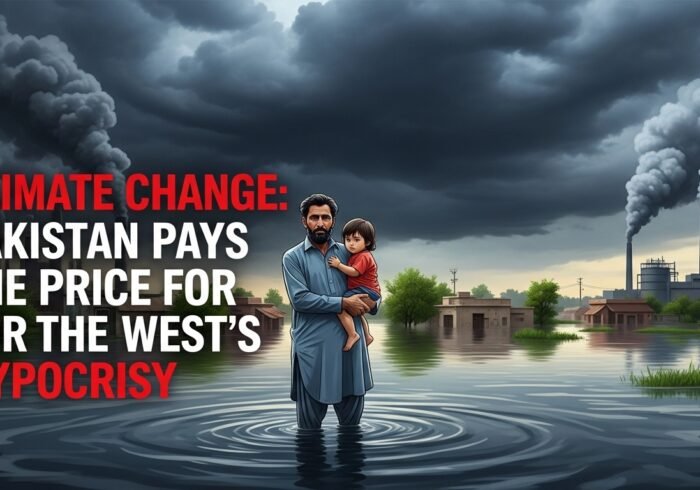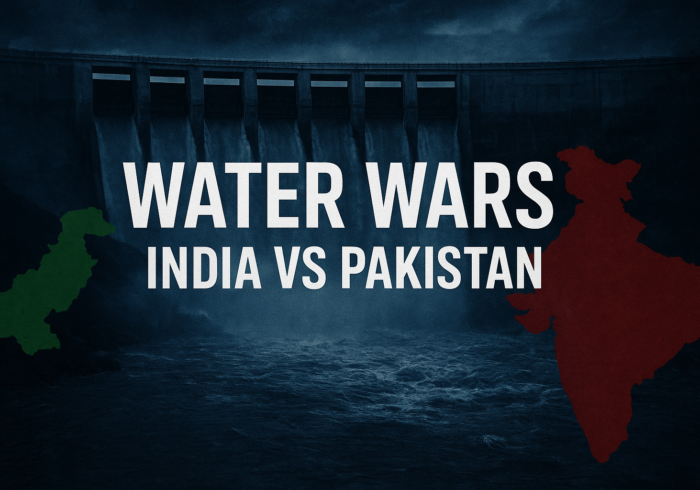For decades, the refugee crisis has been one of the most pressing global challenges. Yet, the way it is addressed by Western powers has exposed a clear double standard. When Ukrainian refugees fled the Russian invasion in 2022, European countries and the United States opened their borders, provided financial assistance, and even offered citizenship pathways. In contrast, refugees from Palestine, Syria, Afghanistan, and Africa face suspicion, hostility, and outright rejection.
This contrast is not accidental—it reflects a selective humanitarianism that prioritizes certain populations over others, based not on need, but on political and cultural alignment. In global discourse, this selective approach is rarely challenged, yet it has fueled deep resentment in the Global South.
 Pakistan’s Forgotten Role in Hosting Refugees
Pakistan’s Forgotten Role in Hosting Refugees
What is often ignored in international debates is the silent sacrifice of countries like Pakistan. Since 1979, Pakistan has hosted millions of Afghan refugees—at times, over 4 million simultaneously—despite struggling with its own economic hardships, security challenges, and resource constraints. According to UNHCR (United Nations High Commissioner for Refugees), Pakistan remains one of the largest refugee-hosting nations in the world.
While Western nations politicize migration, Pakistan provided shelter without seeking global recognition or rewards. Hospitals, schools, and even basic employment were extended to Afghan families for decades. Even today, over 1.4 million registered Afghan refugees live in Pakistan, and estimates suggest another million remain unregistered.
Gaza and the Western Hypocrisy
The Israel–Gaza conflict has once again exposed global hypocrisy. While the Western media praises “humanitarian corridors” in Ukraine, it remains silent when Gaza’s civilians are displaced or blocked from finding refuge. Western leaders emphasize democracy and human rights in theory but fail to uphold them in practice when it comes to Palestinians or Muslims in general.
Pakistan’s consistent stance on Gaza, calling for humanitarian access and protection of refugees, stands in stark contrast to the selective morality of the West. This highlights Pakistan’s alignment with universal principles of justice, even when great powers ignore them.
A Clash of Narratives: Who Deserves Refuge?
This debate extends into the broader clash between cultural blocs. On one side, we hear claims of open societies, inclusivity, and compassion; on the other, there are restrictions, walls, and discriminatory policies. The refugee issue has become a battleground of narratives—where lofty slogans are tested against real-world actions.
Pakistan’s experience proves that moral responsibility cannot be selective. Unlike the selective compassion seen in Western capitals, Pakistan demonstrated genuine solidarity, even when it carried heavy domestic costs.
Conclusion
The refugee crisis is not merely about shelter—it is about fairness, equality, and justice. Pakistan’s sacrifices deserve acknowledgment. If the world is to solve this crisis, it must abandon double standards and recognize the equal dignity of all displaced peoples, regardless of where they come from.





